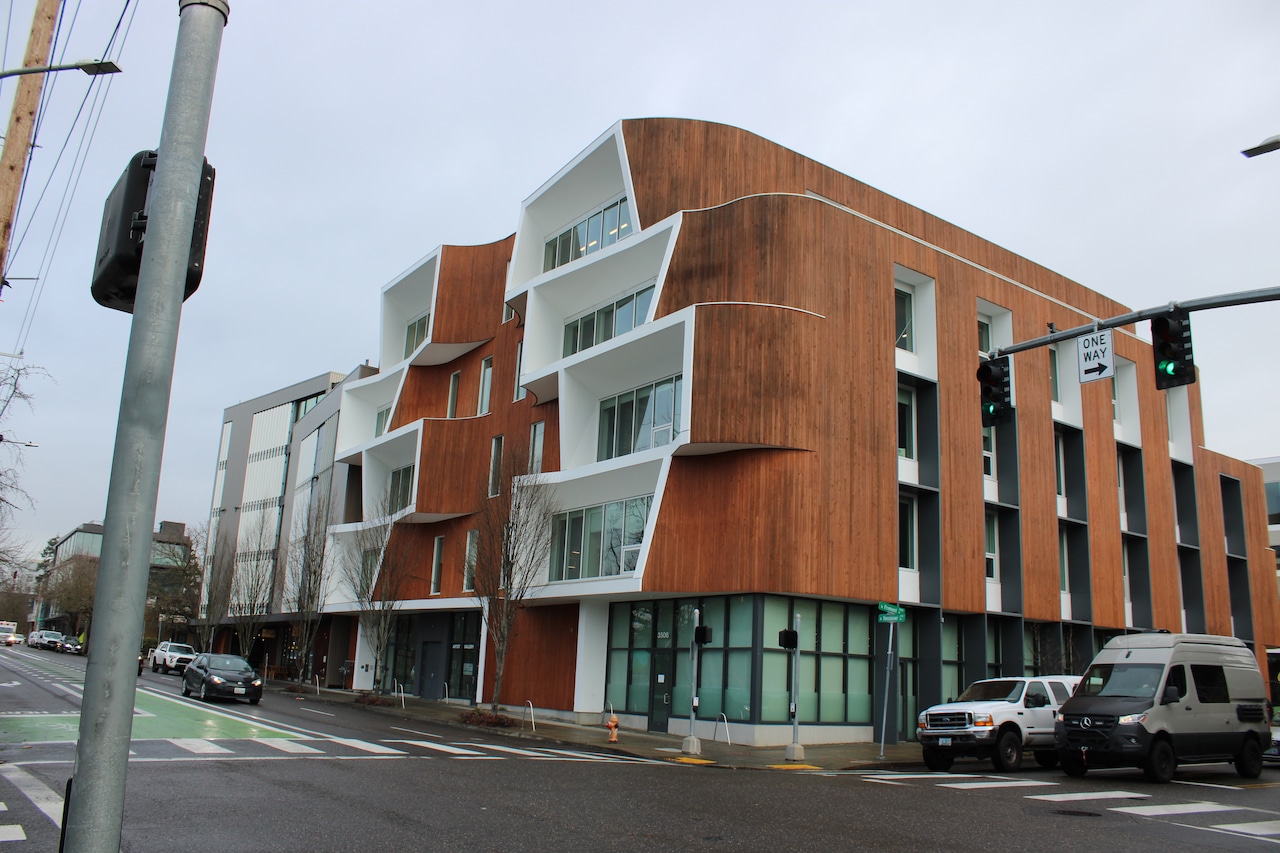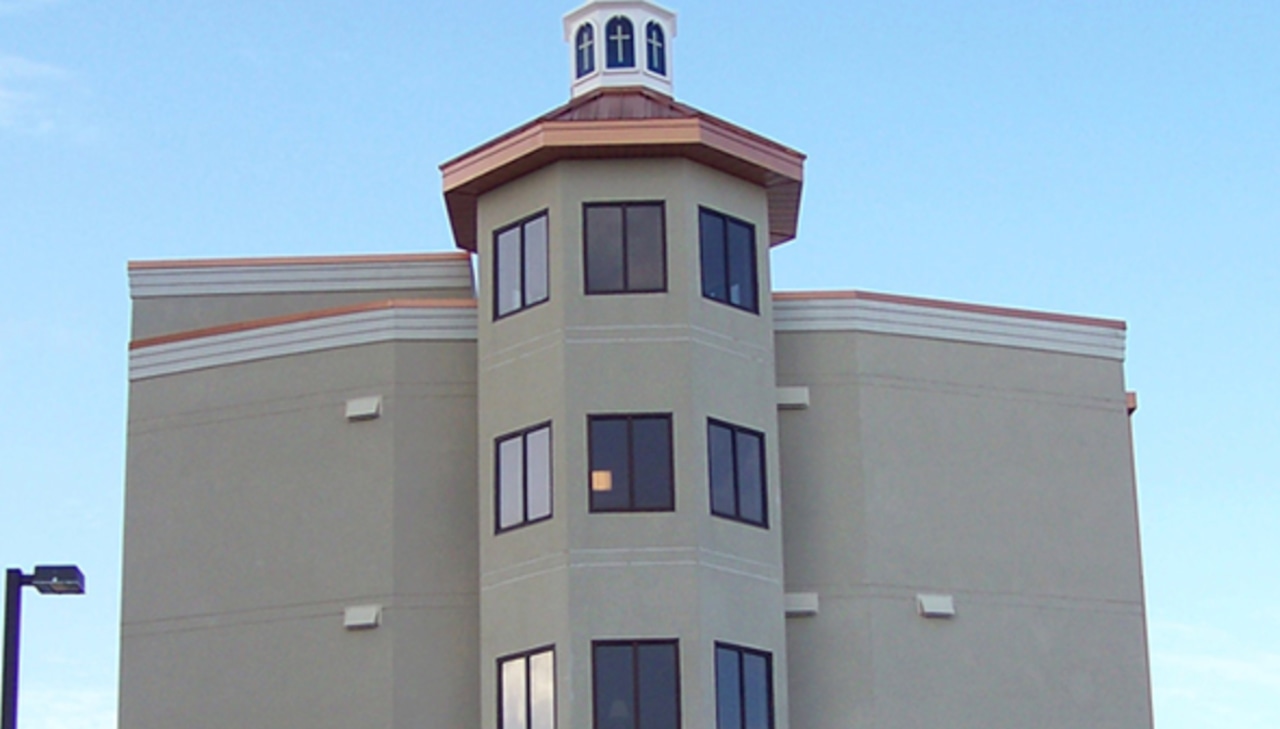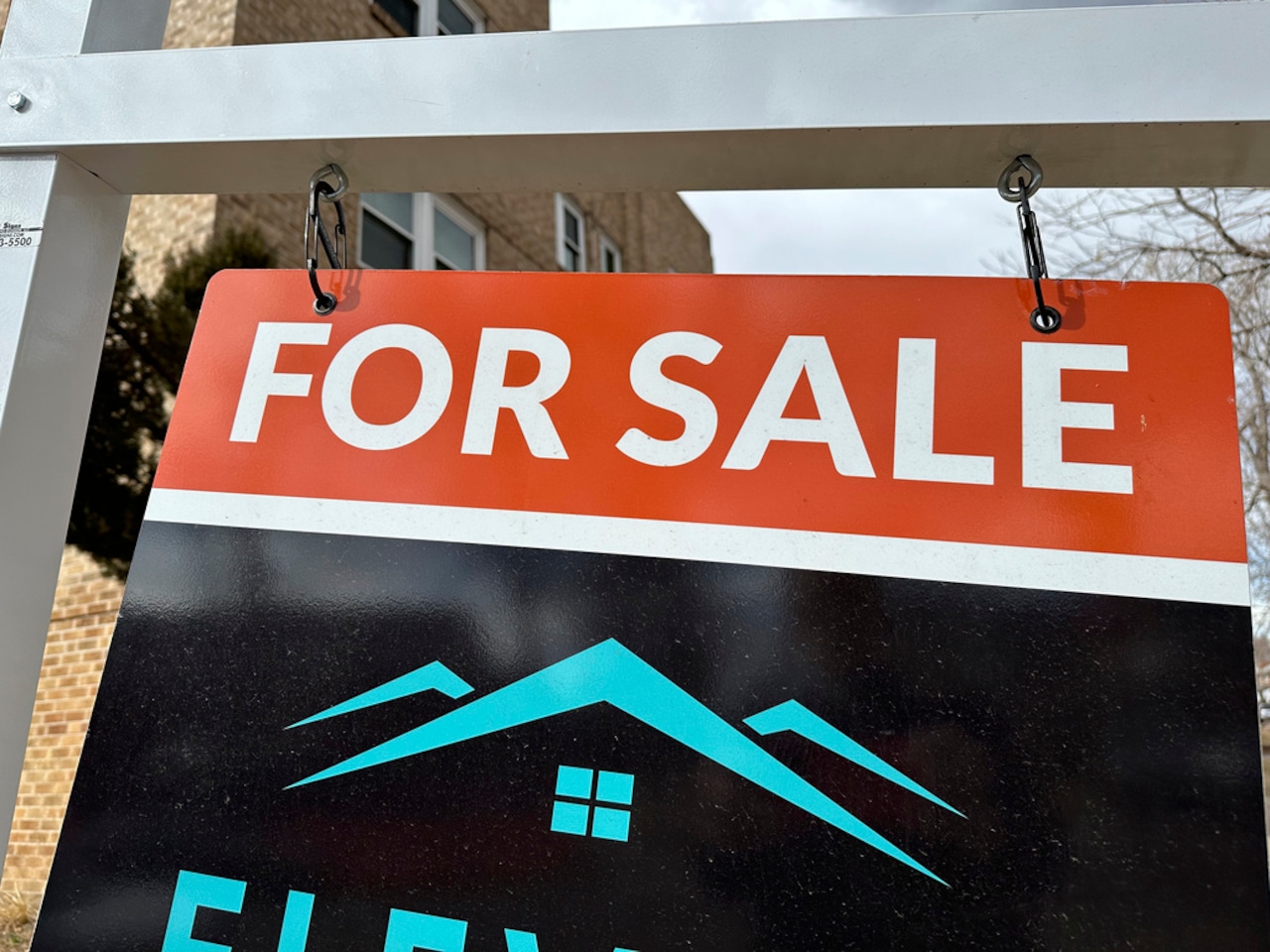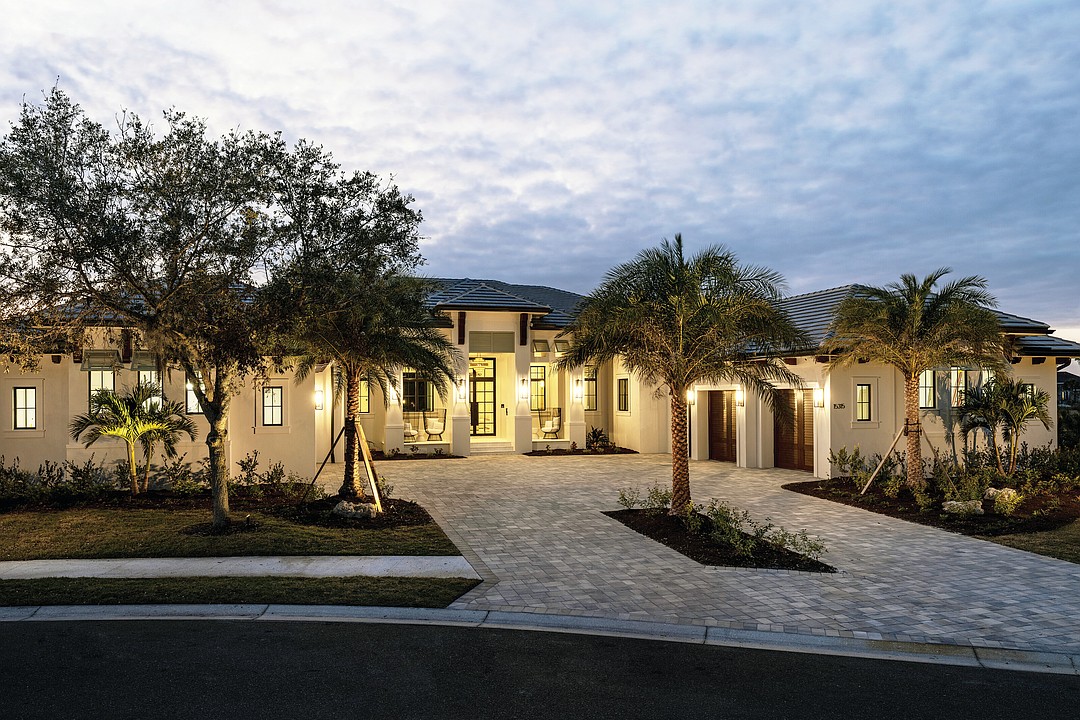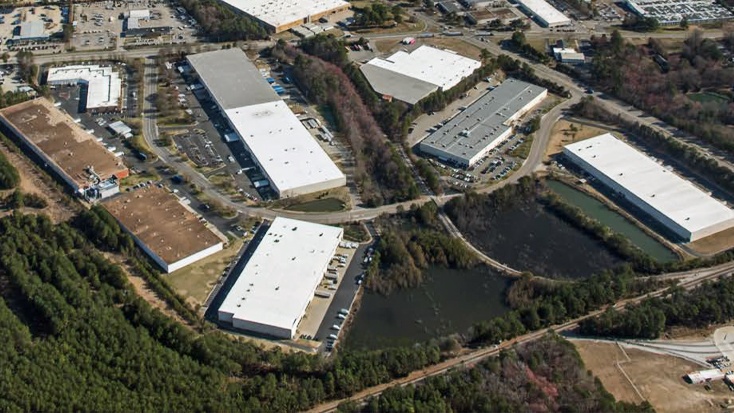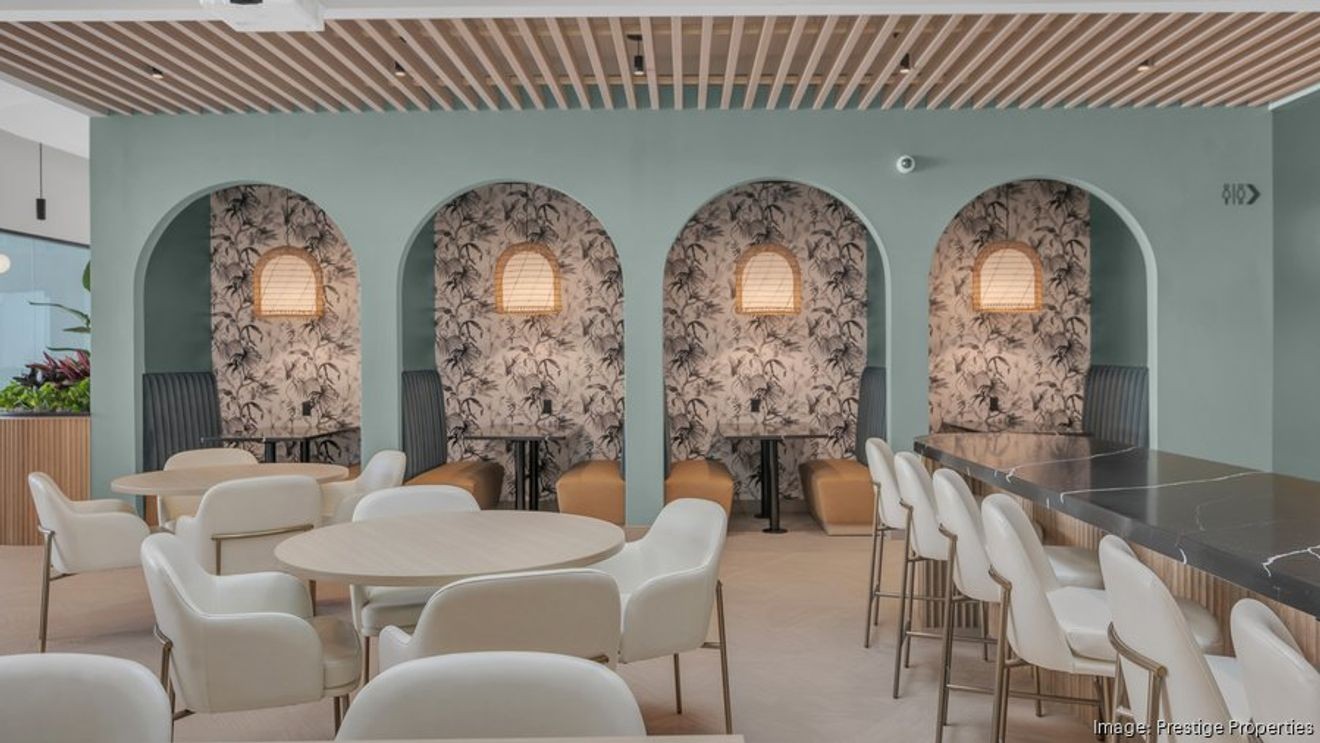P
ortland Public Schools (PPS) is ready to spend $16 million to acquire the One North development in North Portland for a proposed Center for Black Student Excellence (CBSE). The purchase would trigger an additional $20–$25 million in upgrades—HVAC, seismic retrofitting, and other building systems—while the district’s bond money covers the capital costs. Operating expenses are projected at more than $736,000 per year; rent from current commercial tenants covers just over half, leaving the rest to come from the general fund. With a projected $50 million shortfall in 2026, the financial burden is significant.
The center’s location raises accessibility concerns. Only about 20 % of the district’s Black students attend schools within walking distance of the site; over a third attend schools five miles or more away. City zoning may restrict use of the upper floors, potentially rendering up to 20 % of the space unusable. Renovations are expected to take up to 2½ years, delaying any benefit to students.
PPS has not articulated specific academic goals for the CBSE or a plan to achieve them. When asked by the Oregonian/OregonLive Editorial Board, Vice Chair Michelle DePass said she did not know. Critics argue that the proposal uses race as a smokescreen to divert public funds to nonprofits, while ignoring the real needs of Black students—such as proximity to schools and reliable transportation. Portland Association of Teachers President Angela Bonilla called the plan “rushing to maintain a veneer of racial justice while blatantly ignoring the actual needs of our Black students and families.”
The board’s decision process has also been questioned. Chair Eddie Wang and Vice Chair DePass bypassed the usual facilities‑committee vetting, blocked a public discussion last week, and moved the issue to the agenda for Tuesday’s meeting. The facilities committee, chaired by Zone 5 Director Virginia La Forte, was supposed to review the due‑diligence report, but the project was removed from her committee’s agenda. DePass repeatedly delayed the meeting, citing a “bad look” if the project were discussed without many center advocates present. The final vote is scheduled for December 2, with no additional time for public input.
PPS’s 2020 bond authorized up to $60 million for a CBSE, yet the district has yet to deliver on that promise. The resolution that created the center emphasized partnership with Black‑led community organizations, notably the Albina Vision Trust, which has long served the historically Black district. However, buying a building without a clear plan for student use or measurable outcomes is a misstep. Transportation for students living five to ten miles away remains an unresolved issue, and turning the district into a landlord for commercial and nonprofit tenants is outside PPS’s core expertise.
Alternative approaches could advance Black student achievement more quickly and directly. The resolution envisioned a “constellation of community schools” and suggested investing in career‑technical education spaces or modernized science labs across multiple schools—initiatives that could benefit students during the school day and within a shorter timeframe than the two‑year renovation schedule.
Families and community members should demand a thorough evaluation and transparent public debate. The board must demonstrate that the CBSE will serve students’ academic and social needs, not merely provide a space for nonprofits. Without clear goals, a detailed implementation plan, and genuine community input, the proposed purchase risks becoming a costly diversion from the district’s obligations to its Black students.
